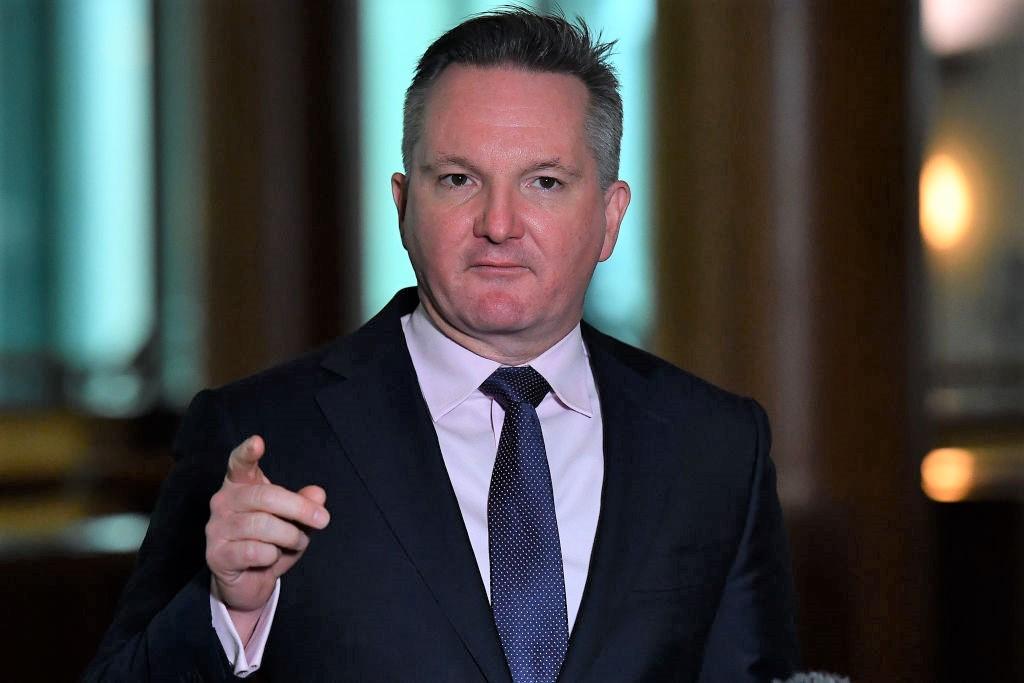The Australian Labor government has struck down an idea to introduce nuclear power into the country, saying it is too expensive and that the “economics don’t stack up.”
The response comes as the opposition Liberal-National Coalition steps up pressure for nuclear energy to deal with soaring electricity costs and lowering emissions, and a trend towards nuclear power investment by China, India, Japan, and South Korea.





